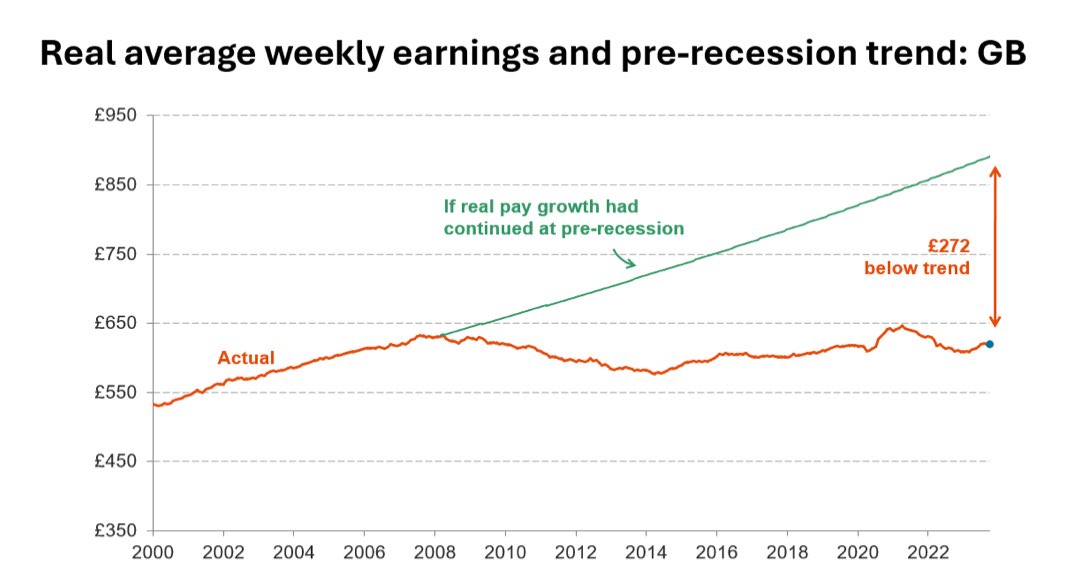Definitely no tension between abolishing inheritance tax and paying NHS staff more. None at all.
https://twitter.com/MattChorley/status/1310542270458806273
4% of estates paid ANY inheritance tax in 2015-16. FOUR. Scrapping it costs around £5bn - 40% of which would go to just 1,700 estates worth over £2 million (who would get an AVERAGE tax cut of just over £1 million)
Where would benefits from scrapping inheritance tax? London and the South East. Levelling up it is not 

"Fundamentally reform inheritance tax into a receipts tax with far fewer loopholes in part so we can fund bringing to an end the disgrace of underpaying our social care workforce" is obviously what they meant to say
• • •
Missing some Tweet in this thread? You can try to
force a refresh








